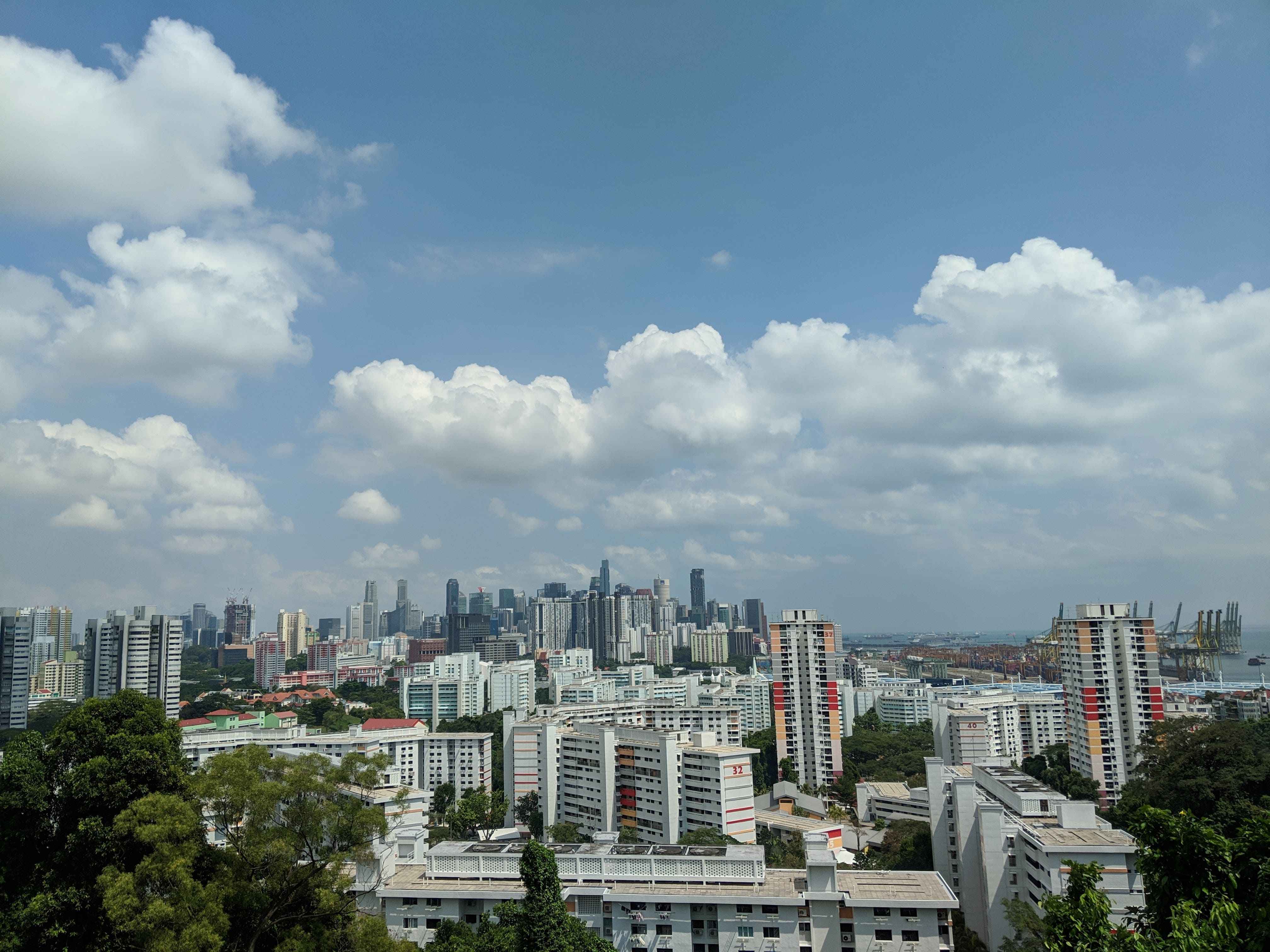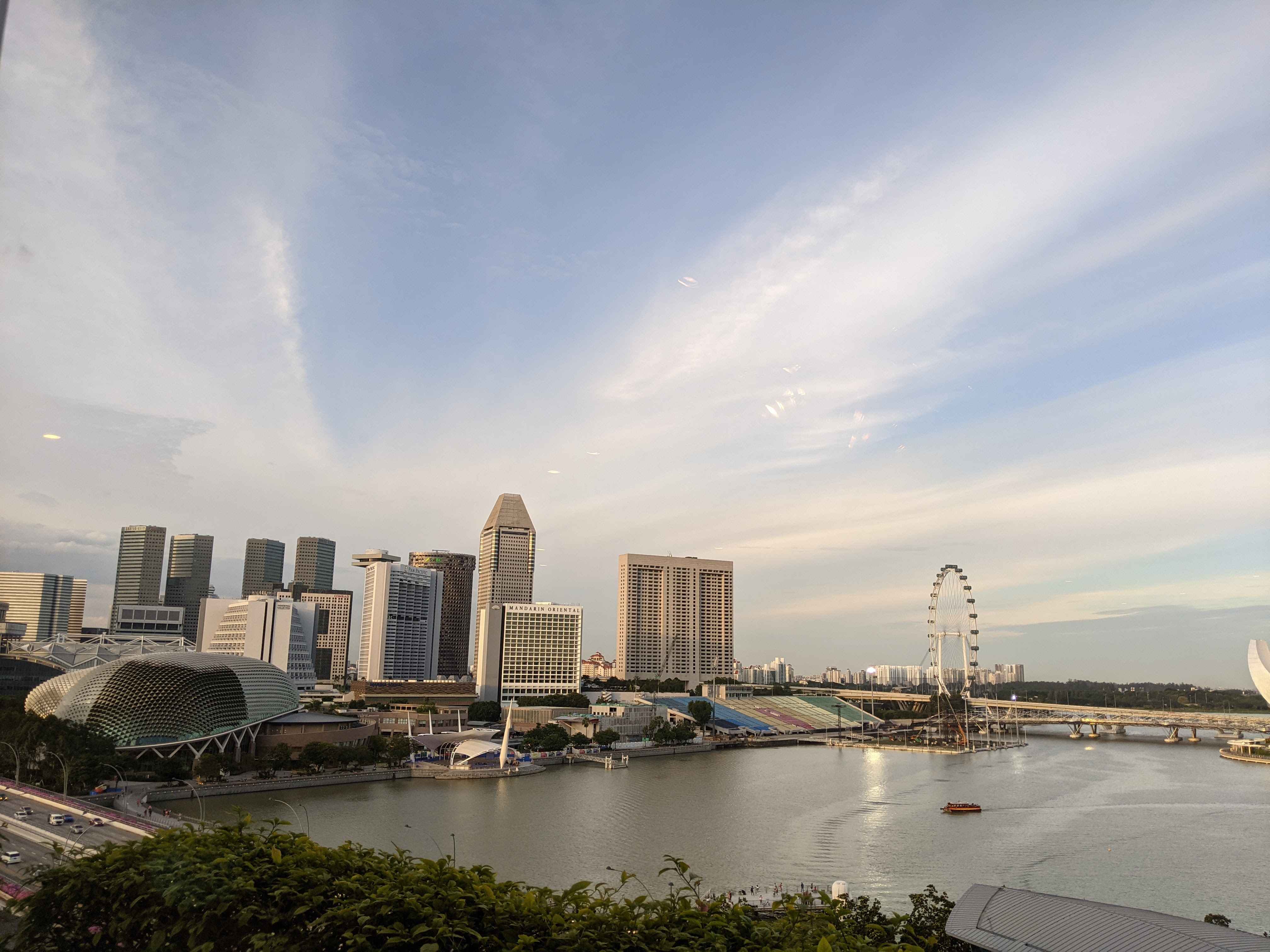
My top 5 concerns before moving to Singapore
In my last post, I talked about the push and pull factors that culminated in my move to Singapore.
Whilst those reasons undeniably formed a strong case, I did have my fair share of reservations before moving over as an expat.These concerns came from various sources - government / company data, conversations with colleagues who moved over, local Singaporeans I knew, research online (cough, hardwarezone) and two earlier visits to the country in the year of the move. The reasons are as follows:
-
A 40% salary pay cut
Moving from San Francisco to Singapore entailed a 40% non-negotiable salary cut - ouch.The cut is driven by the discrepancy in cost of labour, with Singapore being much cheaper than SF. Even with cost of living and tax adjusted for, I calculated a ~15-18% decrease in net income with the move. Equity refresh amounts were also ~30% lower which is a big hit to overall compensation. It took me an additional 1.5 years in Singapore and a promotion with the company to arrive back at my US starting pay as a fresh graduate
-
The weather’s hot and humid
Hong Kong is hot and humid in the summer but chilly in the winter. SF is cool and crisp all year round with mild winters. Singapore is annoyingly hot and humid all year round, with temperatures easily reaching 30 degrees celsius on any given day (even in December). Seasons do not exist and rain is unpredictable. I thought I’d acclimate well with the heat given Hong Kong has a similar summer climate but I was very wrong. On top of that, Singapore has an additional variant of dust mite (look up blomia tropicalis) which is a nuisance for those with dust allergies like myself
-
Singapore’s tiny and boring
With an approximate area of 720km², Singapore is smaller than New York City. There’s really not much to do in such a small landmass, hence you’ll see a constant stream of people (particularly expats) venturing out to nearby SEA countries for escapes. There’s a limited amount of nature and altitude on the island (an article for another time) which vastly reduces outdoor opportunities. If you ask what locals do on the weekends, you’ll get the same mix of answers between the ‘mall’, ‘netflix’, and ‘eat out’. Nothing wrong with any of those options but it’s not the most exciting and gets repetitive. To be fair, a small landmass also does not directly translate to boredom (Hong Kong being the best example), but onto my next point…

The view from Henderson Waves whilst on a rare hike -
Singapore feels artificially constructed
Whilst Lee Kuan Yew’s development of Singapore is an economic masterclass, the country’s modernity came with a laser focus on progress versus preservation in the 60s/70s. Examples include prioritization on standardized housing vs maintaining kampungs, as well as emphasis on sciences, business, law academically vs the arts. It’s no surprise that this approach was correct and essential to take Singapore to its current world stature, but also resulted in the ‘cultural desert’(https://www.jstor.org/stable/4488510) it was 20 years back, with lingering effects to the present. What I appreciate is that the Singapore government is aware of such shortcomings and has doubled down on integrating the arts into society. All that being said, Singapore’s latest and meticulous developments (from parks to commercial estates to cafes) feel artificial or constructed for Instagram. Whilst the intent is there, the impact may be lacking. On the other hand, Hong Kong has struck more of a balance between development and preservation, with its unique heritage interweaving itself across the newer metropolitan landscape. Definitely something for Singapore to learn from.

The Marina skyline -
Strict laws, over-regulation and censorship
Singapore has one of the strictest laws of any country. Examples include banning the sale of chewing gum, needing a license for public demonstration, LGBT censorship and prohibiting borrowing your neighbour’s wifi. Capital punishment is legal and caning is a form of corporal punishment. This is extremely unsettling as it feels like one wrong step will have you deported. There’s a lot to unpack around this topic, but after 5 years, I do think there are a lot of merits to Singapore’s strict regime, with the primary one being stability of the country.
Looking back on this list, the first two worries are very valid, whilst the last three have a lot more nuance to them. Other concerns have emerged along the way (Singapore’s a bubble, everything is getting ridiculously expensive), whilst many more have been debunked. All that being said, moving to Singapore and living the expat life here has been amazing.
In my next post, I’ll be discussing how I got my PR in my first attempt. Subscribe now so you won’t miss it.